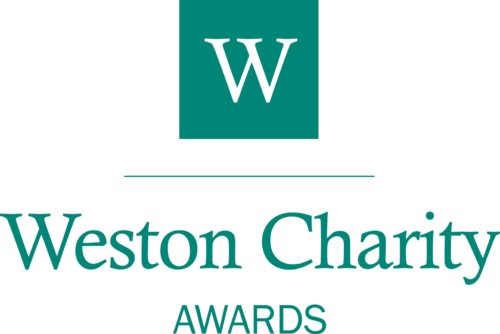Three quarters of leaders of small and medium sized charities are spending little or no time on long-term planning and strategy, 62% spent just a few days in the past year in dedicated planning and strategy sessions whilst 13% put no time aside at all.

According to the Weston Charity Awards, who conducted research amongst 234 charity leaders in October, the main factor holding leaders back is the pressure of tackling day to day operational matters - over three quarters cite this as a barrier to taking a long-term view. Around two thirds indicate that lack of budget is preventing them from bringing in additional resource that could be devoted to strategy matters.
Small charities expect to deliver more for less in 2018
The research also highlighted the increasing demand most charities are attempting to address, very often without additional budget. Three in five small to medium sized charities expect to support more service users in 2018 despite the fact that most are not confident of income growth in that time.
The results of the research are being released to mark the start of the application period for the Weston Charity Awards which create more resilient small to medium sized charities by providing leadership and organisational strategy support. Charities can find out more and apply here.
Philippa Charles, Director of the Garfield Weston Foundation which established the Weston Charity Awards in 2014 said:
“The fact that so many charities are optimistic about helping more people in spite of financial pressures is a testament to the dedication and drive of charity leaders. However, our research shows that long-term planning is suffering. That’s exactly why the Weston Charity Awards exist – to provide a year-long programme that connects ambitious charity CEOs with a bespoke team of top business leaders.”
The Weston Charity Awards expand in number and reach in 2018
Twenty charities will win a Weston Charity Award in 2018 - the fourth consecutive year of programme expansion. Each winner will benefit from a year of intensive leadership coaching through the Pilotlight 360 along with £6500 in unrestricted funding. Charities with incomes under £5million that provide frontline services in the fields of Community, Welfare and Youth are eligible to apply. Applications from charities in Wales will be considered for the first time along with those in the Midlands, Yorkshire and the Humber and the North West and North East of England.
Gillian Murray, Chief Executive of Pilotlight, which manages the coaching and mentoring component of the Weston Charity Awards said:
“The benefits of focusing on leadership development and organisational strategy are overwhelming. Charities report that within two years of completing the Pilotlight 360 they are, on average, reaching 53% more people and achieving 28% income growth.”
Jackie Snape, Chief Executive of Disability Action Yorkshire who won a Weston Charity Award in 2016 and has recently finished the Pilotlight 360 said:
“We are currently undergoing a period of major transformation for the organisation and the Weston Charity Awards are a major part of supporting us in this. The advice and guidance we are receiving is invaluable and has already enabled us to make changes that have directly benefited our customers.”
Strategy development is highly valued but being overlooked
Strategy development along with fundraising are the two skills most valued by charity leaders. Over half (54%) say strategy development is a much-needed skill to help their organisation thrive in future.
However, the rhetoric does not always match the reality. An alarming proportion of charities have no formal strategies or policies for dealing with a range of scenarios. They are most exposed by their lack of formal strategy for dealing with a surge in demand for services (77% have no plan for this); 72% aren’t formally prepared to deal with potential policy changes that could have a significant impact on resources and 64% have no agreed plan in place should they need to deal with the departure of key staff.
Partnership building is the most prevalent skills gap for smaller charities
Looking at skills overall, only two in five charities feel their staff and volunteers have all the skills required to prosper in the next five years. Developing leaders within an organisation is crucial to meeting future challenges, however over a fifth of those surveyed said their organisation had spent no time whatsoever on seminars, courses, away days or working with coaches or mentors in order to develop leadership skills. Developing relationships with business is viewed as the most prevalent skills gap – identified by 41% of leaders.
Vicky Browning, Chief Executive of the charity leaders’ network ACEVO said:
“Faced with pressures on income and an increasing demand for their services, charity chief execs need to be increasingly strategic and creative. For example, we know from our members that the ability to broker new connections between charities and business is becoming more important, yet it involves a different set of skills. Leaders who are fortunate enough to have access to mentoring and coaching are better able to navigate these challenges and develop the resilience they and their organisations need. It's great that initiatives like the Weston Charity Awards recognise the value of investing in charity leadership.”